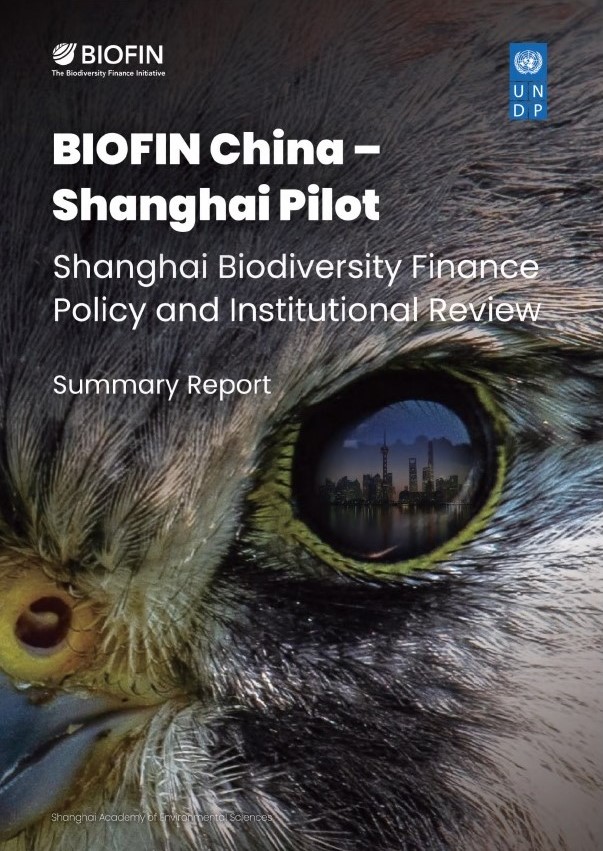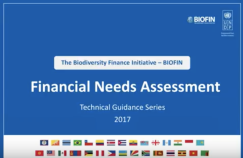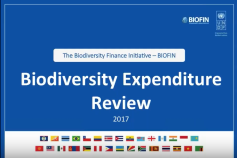
Shanghai, located at the confluence of the Yangtze River and the East China Sea, is home to diverse ecosystems, including wetlands, forests, and coastal habitats. Chongming Island, a key stopover for migratory birds, hosts some of the highest avian diversity among global megacities. These ecosystems are vital for biodiversity, providing essential services and supporting a wide range of species. Over the years, Shanghai has dedicated itself to integrating biodiversity conservation into its urban and economic development frameworks through comprehensive policies and regulations. Shanghai has made significant progress in biodiversity conservation, strengthening policies, institutional structures, and research, fostering international cooperation, and increasing public awareness.
Despite these efforts, the city’s biodiversity faces persistent challenges from urbanization, land-use changes, pollution, invasive species, climate change, and new pollution. These factors contribute to habitat fragmentation and environmental pressures.
To address funding needs, Shanghai, as one of the most important finance centers in mainland China, has developed financial mechanisms such as green finance tools, including green bonds and eco-friendly products, to supplement public investments. Reforestation and recognizing Chongming Dongtan’s coastal blue carbon ecosystem for its carbon sink potential have shown positive results, with plans for blue carbon trading.
Shanghai is also exploring innovative financial solutions to bridge the biodiversity financing gap, including increased fiscal investments in nature reserves, the establishment of ecological payment systems, and refined green tax policies. These efforts aim to attract private investment and support the long-term sustainability of biodiversity conservation, aligning with market-based approaches like nature-based solutions (NbS) and carbon market expansion.
This Shanghai Policy and Institutional Review (PIR) summary report provides an overview of the policies from previous years, identifies gaps, and offers recommendations for improvement.
The policy recommendations emphasize boosting fiscal investment, establishing diverse payment mechanisms, improving tax incentives for biodiversity-friendly enterprises, and more. Shanghai is committed to further developing its green finance system and promoting private sector involvement in conservation efforts, ensuring a sustainable future for both the environment and economy.
Download



